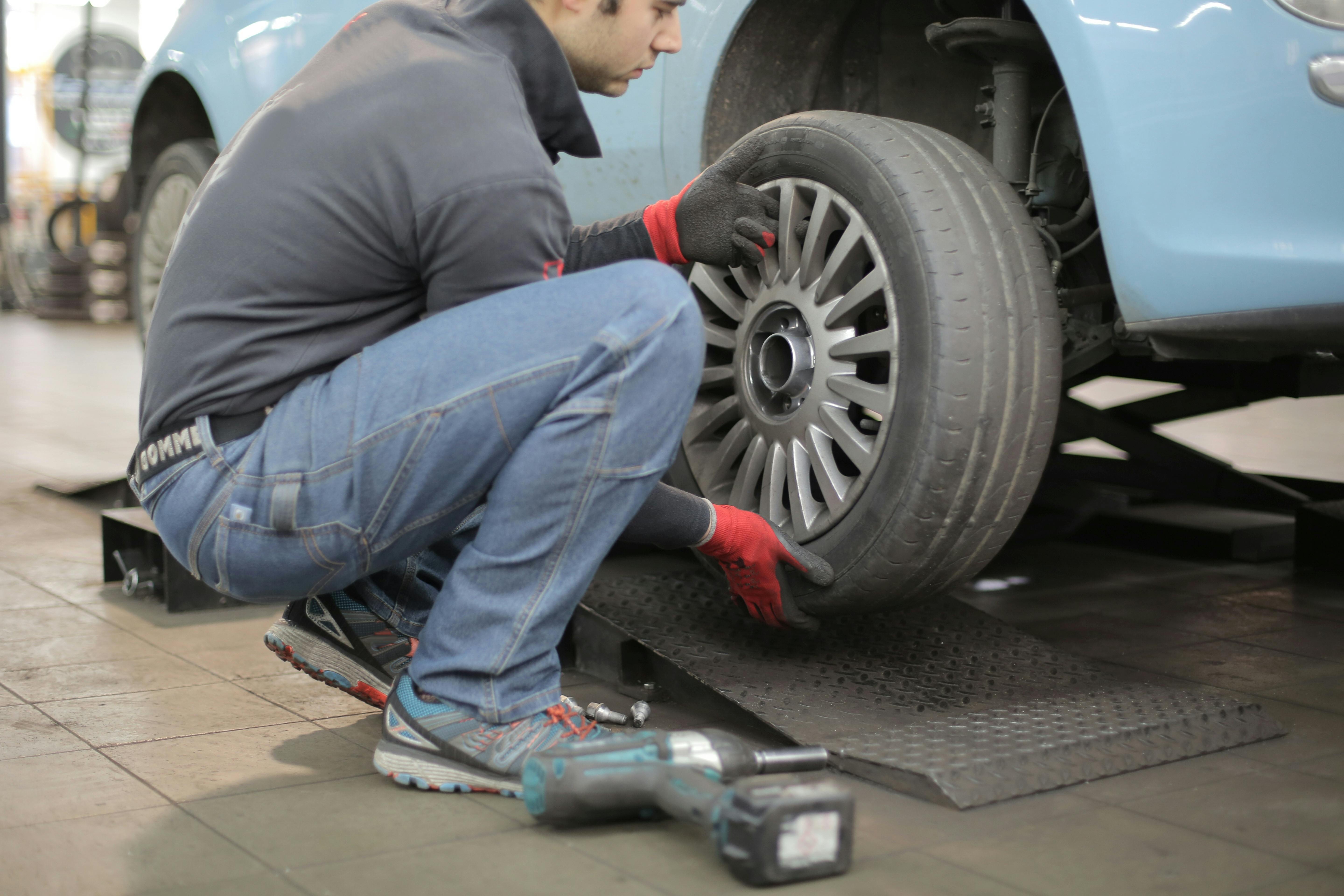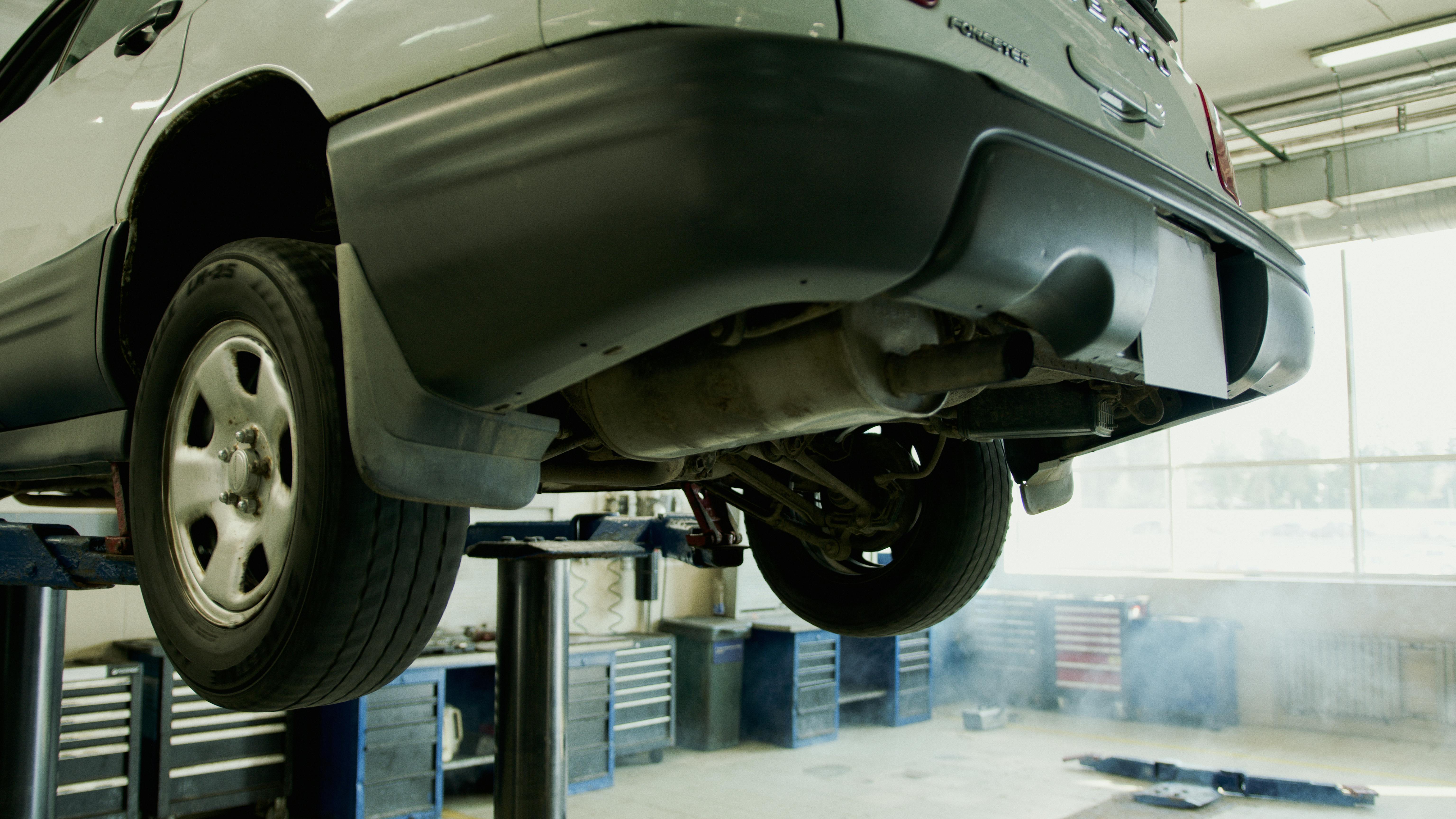The Importance of Wheel Alignment for Your Car’s Health

Maintaining your vehicle involves more than just regular oil changes and brake checks. One crucial aspect that often gets overlooked is wheel alignment. Proper wheel alignment ensures that your tires are parallel to each other and perpendicular to the ground, aligning them with the vehicle’s geometric center. This article delves into why wheel alignment is vital for your car’s health and how it affects various aspects of vehicle performance.
Better Fuel Efficiency
One of the most immediate benefits of proper wheel alignment is improved fuel efficiency. When your wheels are out of alignment, they create uneven resistance against the road surface. This forces your engine to work harder and consume more fuel to move the vehicle forward. According to SRC Performance, a misaligned wheel can decrease your car’s fuel efficiency significantly. Aligning your wheels can relieve this unnecessary stress on your engine, leading to better mileage and fewer trips to the gas station.
Enhanced Vehicle Control
Driving on misaligned wheels can be hazardous. You might notice your car pulling to one side or drifting even when your steering wheel is centered. This is not only annoying but also dangerous. As per Franklin Automotive, proper alignment ensures smoother driving and better control over your vehicle. If you find yourself constantly adjusting the steering to keep the car straight, it’s time to have your alignment checked.
Prolonged Tire Lifespan
Tires are an investment, and proper maintenance can extend their lifespan considerably. Misaligned wheels cause uneven tire wear, meaning certain areas of the tire tread will wear out faster than others. This uneven wear reduces the overall lifespan of your tires, requiring you to replace them more frequently. According to Young Toyota, well-aligned wheels ensure that your tires wear evenly, maximizing their lifespan and helping you get the most out of your investment.

Reduced Mechanical Stress
Misalignment doesn’t just affect your tires; it puts extra stress on various components of your vehicle’s steering and suspension systems. The SRC Performance article explains that driving with poor alignment means parts such as ball joints, axles, and suspension can endure harsh impacts, wearing them out faster. Over time, this can lead to costly repairs and a shorter lifespan for these critical components.
Improved Safety
Safety should always be a top priority when it comes to vehicle maintenance. Misaligned wheels can compromise your ability to control the car, especially during sudden maneuvers or in adverse weather conditions. Proper wheel alignment ensures that your vehicle responds accurately to your steering inputs, providing better stability and handling. In summary, a well-aligned car is a safer car.
Cost Savings
While wheel alignment services come at a cost, they can save you money in the long run. Proper alignment reduces fuel consumption, extends tire life, and prevents premature wear on other vehicle components. As highlighted by Kunes Auto Group, investing in regular wheel alignment can save you from more expensive repairs down the line, making it a financially sound decision.
Signs You Need Wheel Alignment
Recognizing the signs that you need a wheel alignment can help you address the issue before it leads to more severe problems. Here are some common indicators:
Pulling to One Side: If your car drifts to the left or right when the steering wheel is straight, it’s a clear sign of misalignment.
Uneven Tire Wear: Inspect your tires regularly. Uneven tread wear is a strong indicator that your wheels are not aligned properly.
Steering Wheel Off-Center: If your steering wheel isn’t centered when driving straight, this is another sign that your alignment is off.
Vibrations: Feeling vibrations in the steering wheel can also indicate that your wheels are not aligned correctly.
The Alignment Process
Understanding what happens during a wheel alignment can demystify the process and emphasize its importance. Typically, a technician will:
Inspect Suspension and Steering: They’ll check these systems to ensure there are no worn-out parts that need replacement before alignment.
Check Tire Condition and Pressure: Even tire pressure and good condition are essential for accurate alignment.
Align Wheels: Using state-of-the-art machines, the technician will adjust the angles of the wheels, bringing them into the correct position.
Test Drive: Post-alignment, a test drive ensures that the adjustments have corrected the issues.

Conclusion
Wheel alignment is a critical aspect of car maintenance that directly impacts fuel efficiency, tire lifespan, vehicle control, mechanical stress, safety, and cost savings. Regular alignment checks can prevent many issues that arise from misaligned wheels, ensuring that your vehicle runs smoothly and safely. Don’t wait for the warning signs—make wheel alignment a routine part of your car’s maintenance schedule.
For expert wheel alignment services, visit Applewood Performance Center. Our skilled technicians use the latest technology to provide precise alignments, ensuring your vehicle performs at its best. Contact us today to schedule an appointment and experience the difference proper alignment can make.



